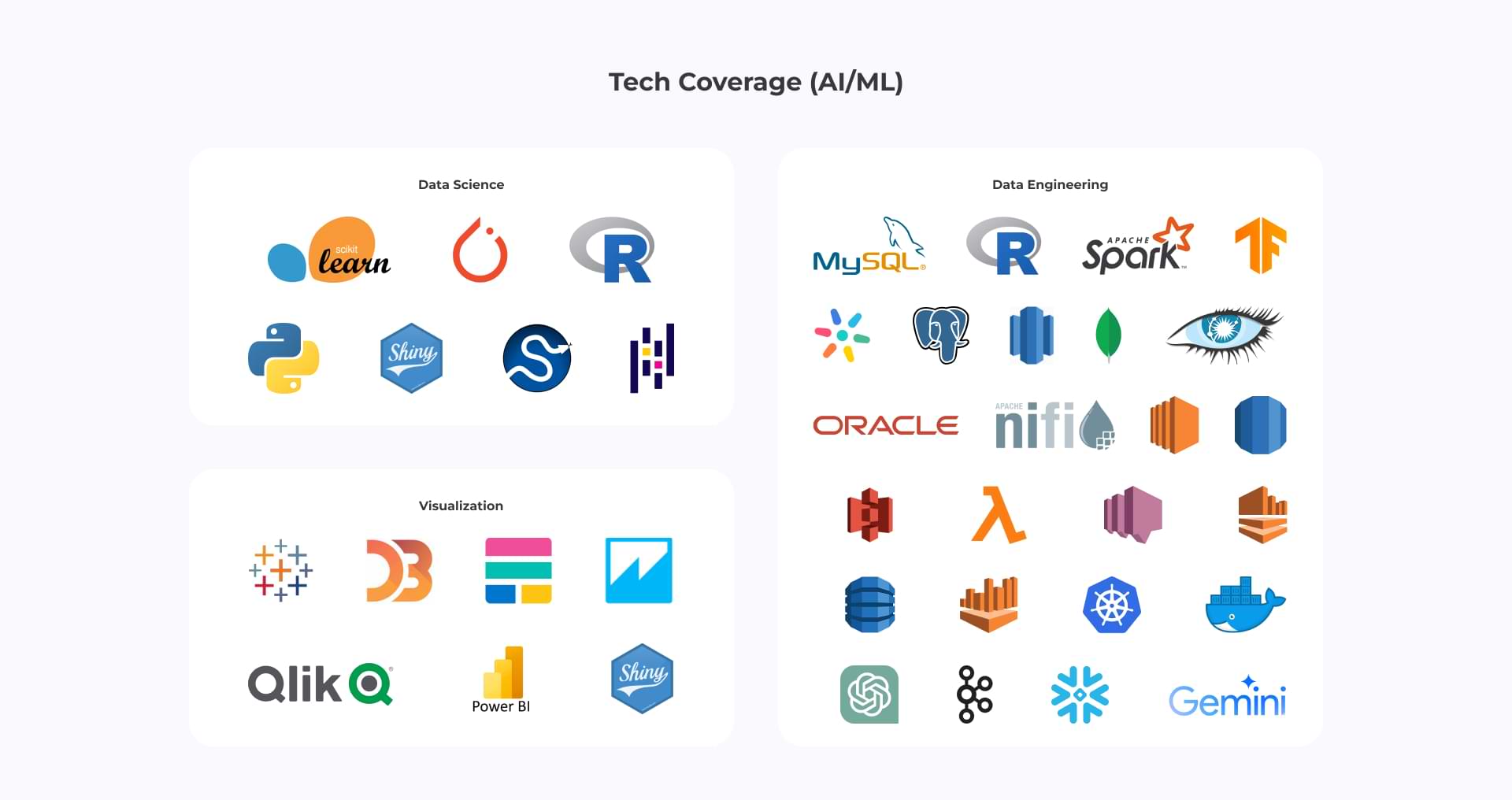Can AI be Ethical? The Quest for Responsible Automation
Artificial intelligence (AI) is rapidly transforming our world. From facial recognition software streamlining security measures to self-driving cars revolutionizing transportation, AI holds immense potential for progress and innovation. In any case, nearby these benefits lie critical moral concerns.
Let’s connect
Book a meeting
Biases in training data can lead to discriminatory outcomes, while the opaque nature of some AI systems raises questions about accountability and fairness.
Can AI truly be ethical? The answer lies in the quest for Responsible Automation, a movement emphasizing the development and deployment of AI systems that are fair, accountable, transparent, and trustworthy.
The Challenge of Bias
At the heart of the ethical debate surrounding AI lies the issue of bias. AI frameworks are as it were as reasonable as the information they are prepared on.
If biased data sets are used, the resulting AI system can perpetuate and amplify these biases. Imagine a facial recognition system trained on a dataset that primarily features faces of a particular race or gender. This system could exhibit bias in identifying individuals from other ethnicities or genders.
To ensure fairness, bias mitigation strategies are crucial. These strategies involve techniques like data cleansing to identify and remove biased data points, using diverse datasets for training, and employing fairness metrics to monitor for biases throughout development and deployment.
The Quest for Transparency
Another critical aspect of responsible automation is transparency. Traditional AI frameworks can be dark, making it troublesome to get it how they reach choices. This need of straightforwardness can disintegrate believe and raise concerns almost accountability.
Explainable AI (XAI) techniques aim to address this challenge. XAI methods provide insights into the internal workings of AI systems, allowing humans to understand the reasoning behind their decisions. While XAI is a rapidly evolving field, it holds immense potential for fostering trust and ensuring accountability in AI development and use.
Building a Governance Framework
The quest for responsible automation necessitates a robust governance framework. This system requires collaboration between governments, businesses, the scholarly community, and gracious society.
Governments can play a vital role by enacting clear and effective regulations. These regulations should address areas such as data privacy, safety standards for AI systems, and algorithmic accountability. Additionally, international cooperation is crucial to ensure that AI governance frameworks are comprehensive and coordinated on a global scale.
Industry leaders have a responsibility to integrate ethical AI principles throughout their organizations. This includes establishing clear AI governance structures, conducting rigorous impact assessments of AI systems before deployment, and fostering a culture of transparency and accountability within the development process.
Academia plays a critical role in researching and developing best practices for ethical AI development. This includes exploring new bias mitigation techniques, further developing Explainable AI (XAI) methods, and fostering public dialogue about the social and ethical implications of AI.
Civil society plays a crucial role in ensuring that AI development prioritizes human rights and social good. Public awareness campaigns are essential to educate the public about AI and its potential impacts on society. Through active engagement, civil society can help shape the future of AI development in a way that benefits all.
The Road to Responsible AI
The path to responsible AI is a continuous journey requiring ongoing collaboration, innovation, and adaptation. By prioritizing bias mitigation, fostering transparency, and establishing strong governance frameworks, we can harness the power of AI for positive societal impact.
The answer to the question “Can AI be Ethical?” is not a simple yes or no. AI itself is a tool, and like any tool, its ethical implications depend on how it is designed, developed, and used. Through the dedicated pursuit of responsible automation, we can ensure AI serves humanity, promotes fairness, and empowers us to build a brighter future.
Global success stories
Here are some related content that highlight our capability in delivering AI solutions that save costs as well as boost productivity.
Manufacturing 4.0:



